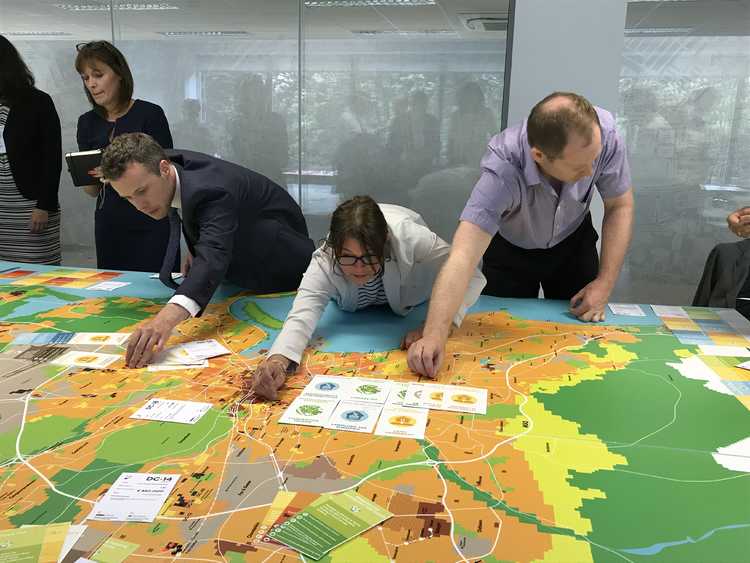Policy-making game to develop an implementable agenda for affordable housing
The Affordable Housing Game (Play the City and Urban Land Institute, 2016) is an adaptive city-game designed to facilitate a dialogue amongst housing stakeholders (a.o. housing officials, housing providers, investors or non-profit organizations). The game provides a multi-actor environment to test ideas, build housing scenarios and exchange knowledge and points of view with other peers. Thus, participants with different profiles can collaborate, learn and experiment in a safe environment. The main scenario is very realistic as it is based on a detailed land use map of the city with real data of the location (e.g. land costs, density or amount of social housing in the surrounding area). The game materials also contain real policies and city programs information.

